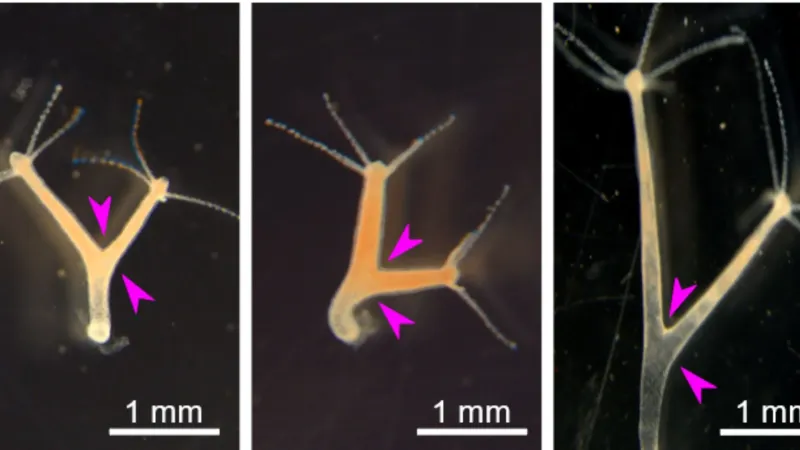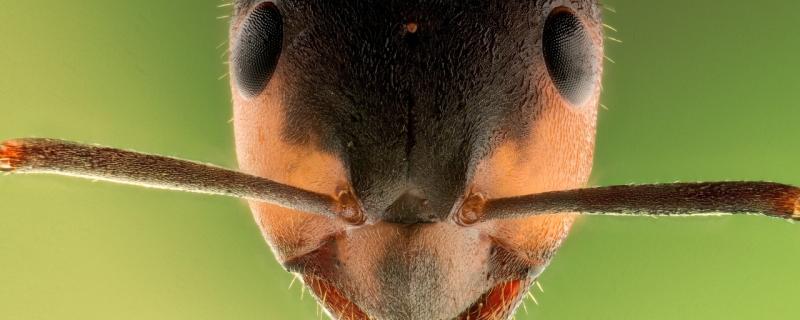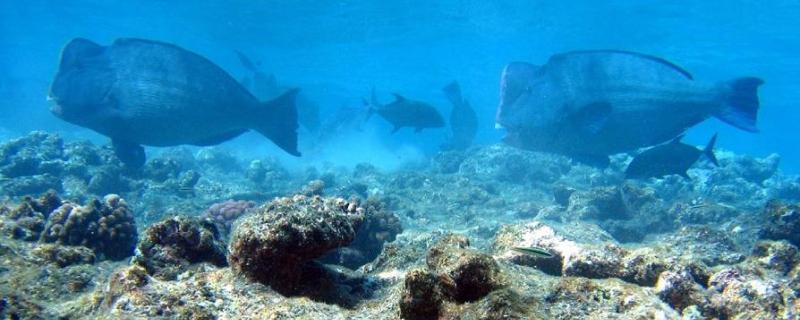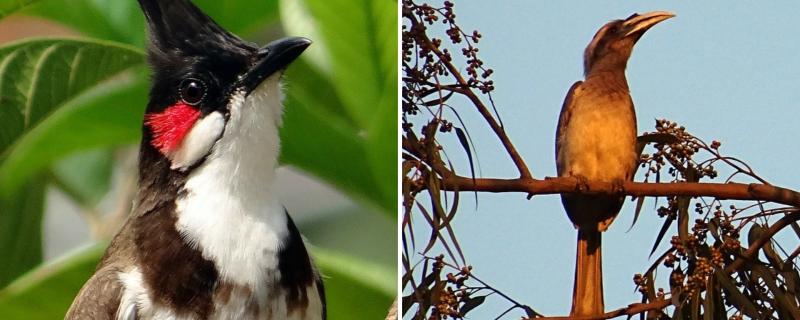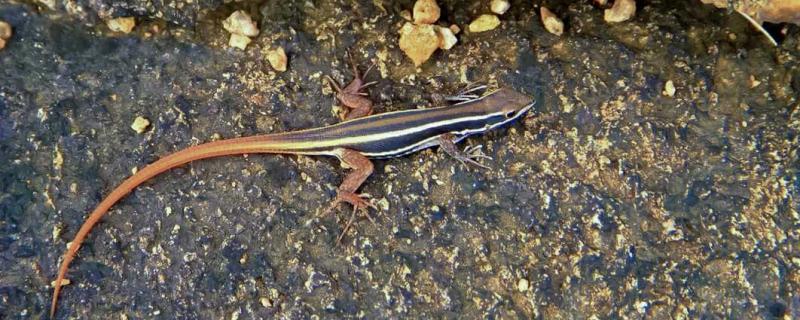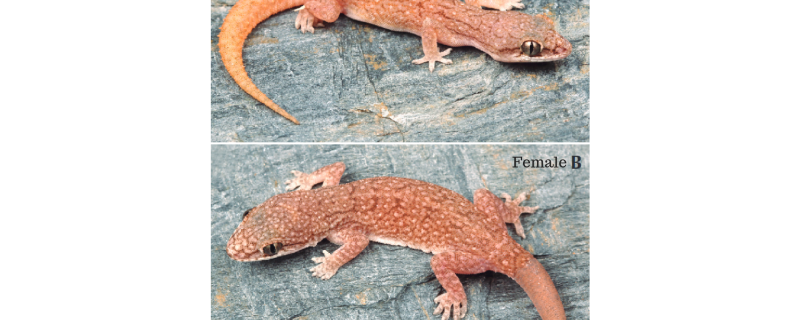Study explores how farmers spend on pesticides in cotton farms based on land size, irrigation and tenancy.
Ecology
Researchers from the University of Guelph, Punjabi University, Patiala and the Natural History Museum of Denmark have found some fascinating facts about the termite-eating behaviour of some rhiniid species.
Researchers at IISER Kolkata study the behaviour of free-ranging dogs in India to understand their food preferences.
Researchers from the Central Institute of Temperate Horticulture, Srinagar, Punjabi University, Patiala and the Government Degree College, Shopian, Jammu and Kashmir, have studied the diversity of ant species from different regions of the Western Ghats.
Melting of glaciers in the Himalayas doubled in the last four decades, reveals spy satellite data
Researchers from two Bengaluru-based institutes—the Wildlife Conservation Society (WCS) and Ashoka Trust for Research in Ecology and the Environment (ATREE), have studied the distribution and the impact of protected marine areas on Bumphead parrotfish (Bolbometopon muricatum) in the Andaman and Nicobar Islands. After months of data collection by scuba diving and capturing underwater photographs of the seafloor, their findings have now been published in the journal Oryx.
We often hear or read that ‘some species of a bird or animal is going extinct’, or ‘a new species of an amphibian or reptile was discovered in the jungles of the Western Ghats’. However, what exactly do we mean by ‘species’?
Researchers from the Nature Conservation Foundation, explored organisation of plants and fruit-eating bird communities of the Pakke Tiger Reserve in Arunachal Pradesh. They observed 43 plant species and 48 bird species in the region, and have identified the different networks formed between the trees and their avian seed dispersers.
A new study suggests that stripes and colourful tails of some lizards may help them ward off predators
A newly discovered species of ground-dwelling gecko from Karnataka has been named Hemidactylus vijayraghavani, after Prof K VijayRaghavan, the Principal Scientific Advisor to the Government of India. Mr Zeeshan A. Mirza, a researcher from Prof VijayRaghavan’s lab at the National Centre for Biological Sciences (NCBS), Bengaluru, is the person behind this discovery.
